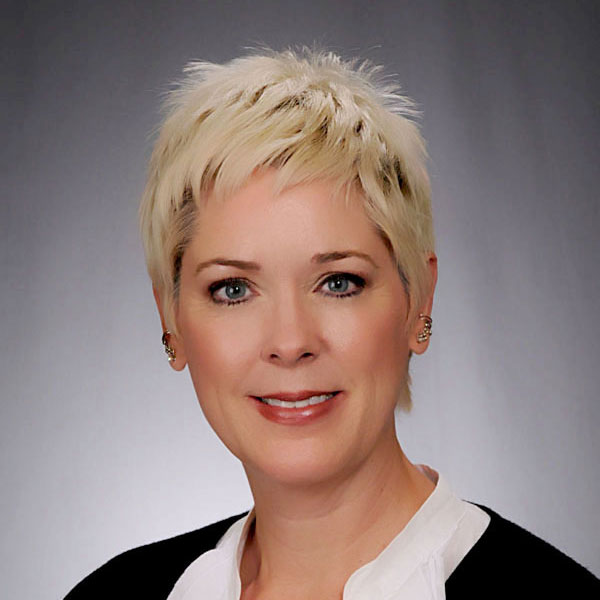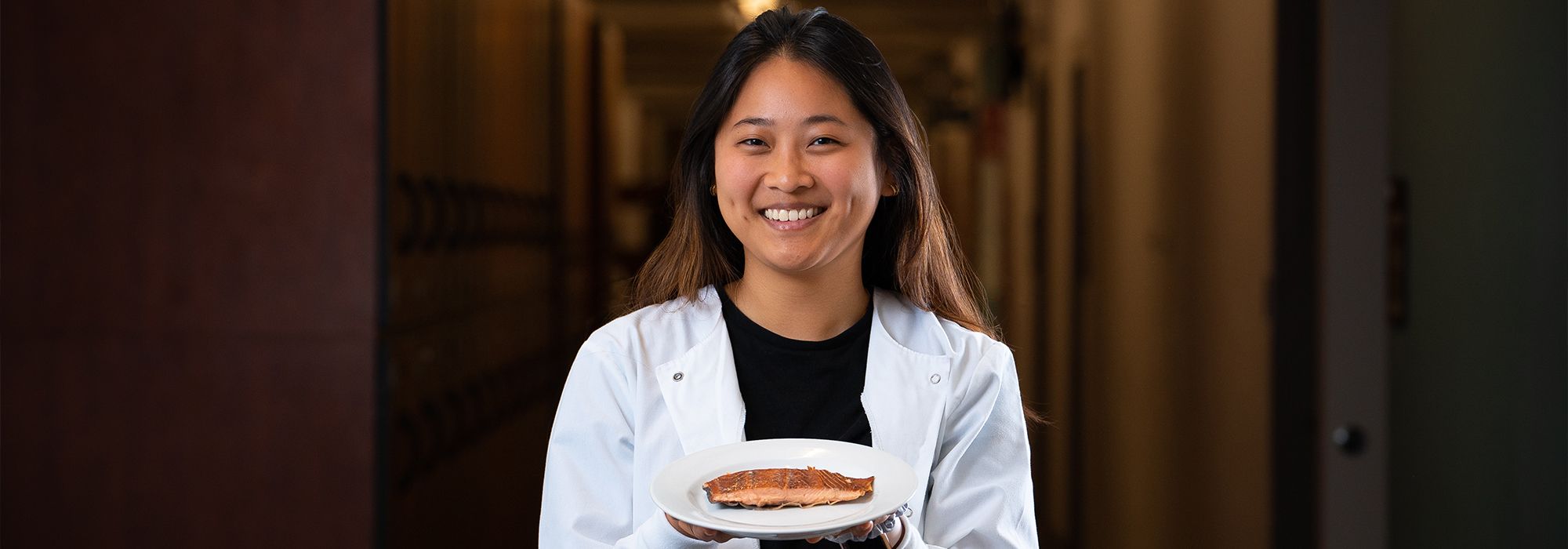
Dreaming Big
The honors BSN cohort
by Susan Neale
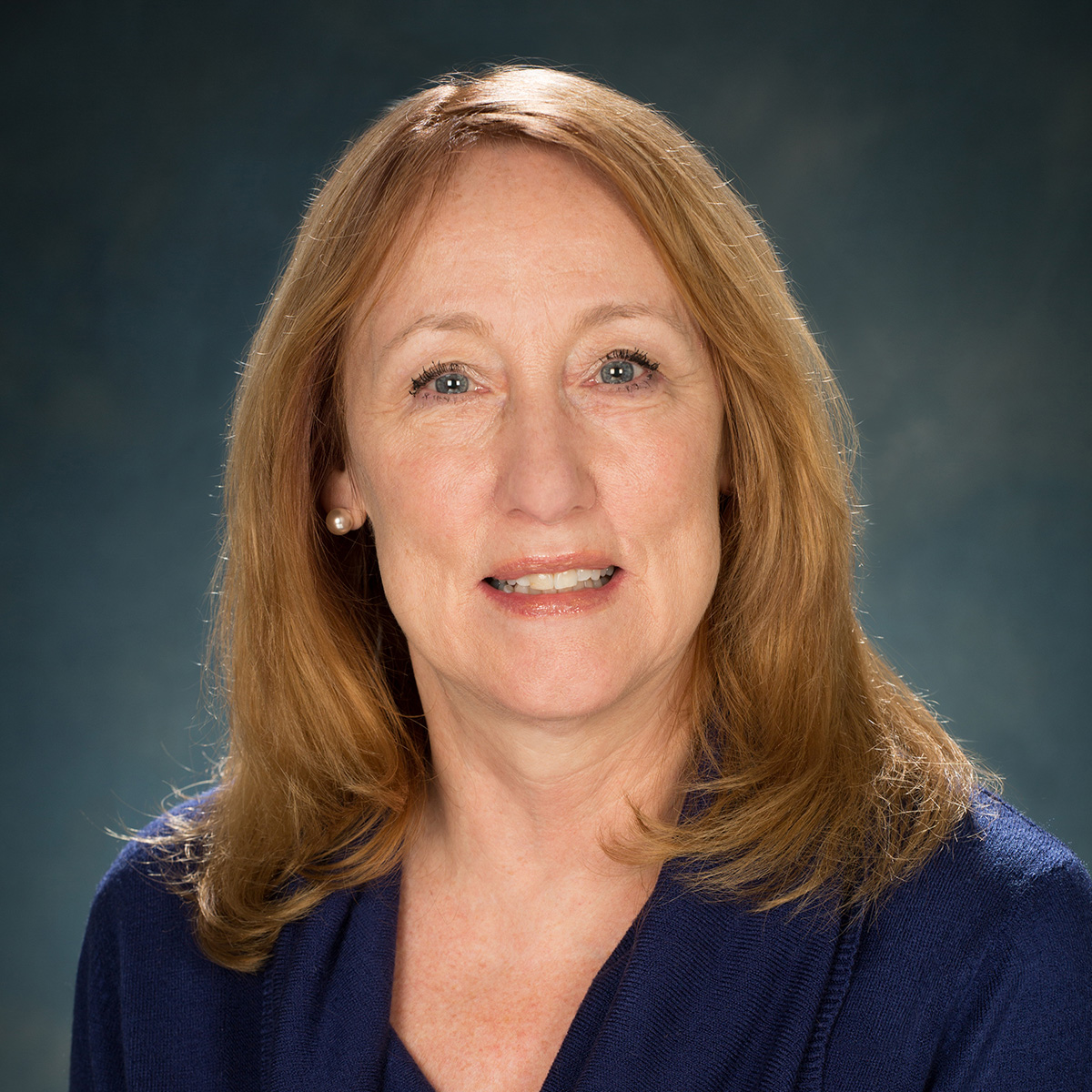
This high-achieving group engages in nursing research, publishes in journals, presents at conferences and spends extensive time in community service. “The idea of having undergraduates being actively involved in nursing research – not every program has that,” said Honors BSN Program Director Judy Tate, PhD, RN. “We have three students who are presenting at the Midwest Nursing Research Society conference this spring,” she added. We asked these three seniors in the honors BSN cohort to tell us about the program, their research and their mentors.
Carolyn Zhang
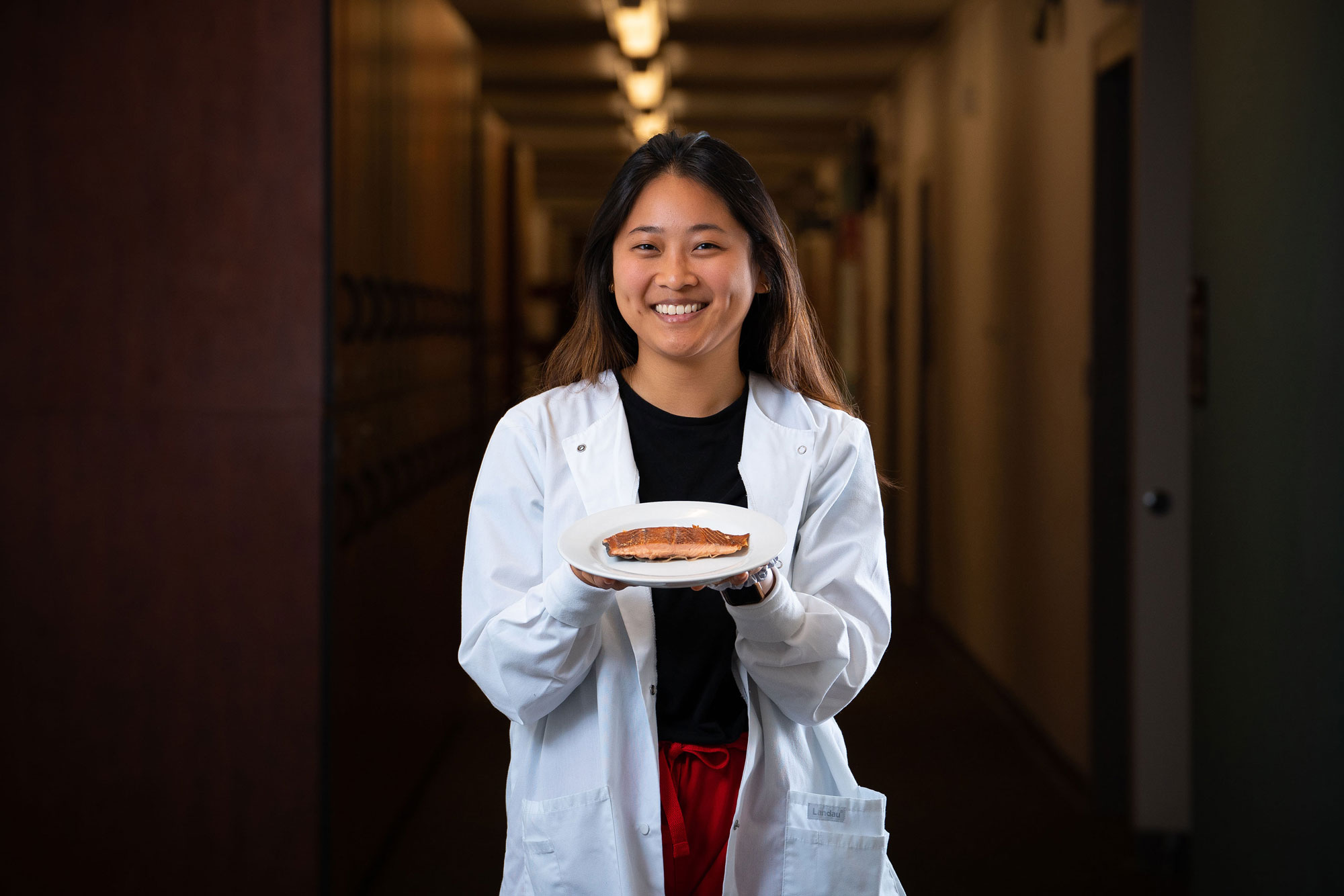
Dream career
“I’d like to be a primary care nurse practitioner. In the U.S. healthcare system, there’s a large piece missing in terms of prevention and trying to get healthcare disparities down.”
Her research
Zhang is working on a secondary analysis of data from an ongoing R01 clinical trial directed by her mentor, Jodi McDaniel, PhD, RN. McDaniel’s research, Zhang said, is determining “how different marine omega-3 fatty acids – which is basically fish oil – affect chronic wound healing in older adults.” While McDaniel’s research focuses on inflammation and wound healing, Zhang’s analysis focuses on biomarkers of neuroinflammation in systemic circulation.
Her mentor explained how important that is. “Neuroinflammation is linked to the progression of Alzheimer’s disease (AD) and thus interventions to inhibit neuroinflammation in aging may help prevent or slow the progression of AD," McDaniel said.
Mentor
“My mentor is really great. There’s a lot I didn’t know about research in the past and she was really helpful, guiding me through every step, helping me create a timeline ... outside of research too, she was able to understand and guide me through the entire nursing experience.”
“Carolyn is an exceptional scholar,” McDaniel said. “She is self-motivated, caring, dependable and intellectually astute. Notably, Carolyn was recently selected to present the findings of her honors research project at the upcoming annual conference of the Midwest Nursing Research Society.”
Monicah Karera

Dream career
To be a floor nurse in labor and delivery. “Women go through a lot giving birth, and sometimes it’s a matter of life and death,” Karera said, adding that personal experience led her to this career. “I lost two babies,” she said, “and that’s what made me go into this – I wanted to know how best to help.” Karera, a mother of three from Kenya, had experience doing research and lab work before entering the program. Where she used to work she was able to observe labor and delivery, and as a result was able to help a family member deliver a baby. “That really made me feel so proud of myself!”
Her research
“We’re investigating the association between prior miscarriage and pregnancy-specific distress in subsequent pregnancy among Black women.” Women in Gillespie’s study who had experienced a late miscarriage or repeated miscarriage were reporting greater distress during subsequent pregnancy than women without this history, including worry related to finances, parenting and physical symptoms of pregnancy. In prior studies, distress during pregnancy has been linked to poorer birth outcomes.
Gillespie’s team is pursuing publication of these findings and hopes to stimulate further discussion and research in this area. The message: “If a woman has suffered the loss of a baby, we don’t just offer medical care; we need to follow up,” Karera said, to make sure the women have the healthcare and support they need in their next pregnancies. She’s excited about getting this information out there and hopes to do more research in the future.
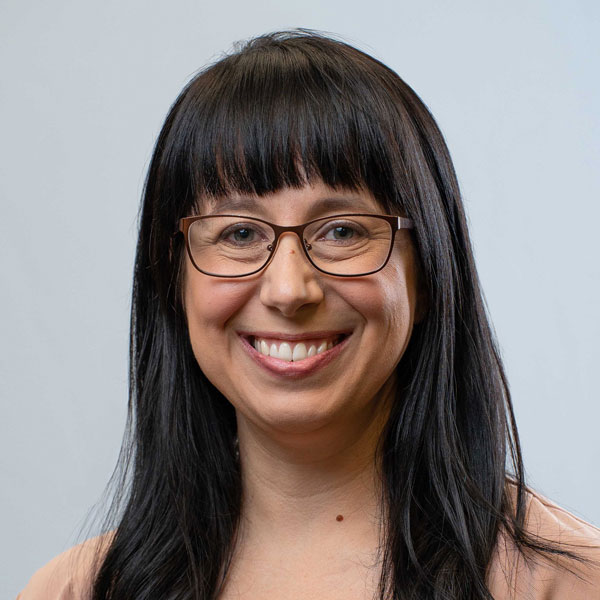 Mentor
Mentor
“My mentor is so knowledgeable about what we’re doing,” Karera said of Gillespie, “and ready to help.” Karera has worked with Gillespie over the past several years and credits her with explaining the research process in detail and helping her feel confident about it.
Audrey Robinson

Dream career
To be a pediatric nurse practitioner. “I know I’m going to go on to grad school,” Robinson said.
“I connect best with the pediatric population … they’re more vulnerable [than adults], and they’re also more likely to come out of their shell and play a game with you.” She enjoys rotations with the pediatric population and works with a PCA in the NICU.
Her research
Robinson is working on a secondary analysis of a published study her mentor, Rita Pickler, PhD, RN, FAAN, collected data for in 2012-2015. The study, Robinson says, involves parent feeding in the NICU and how parent touch was involved with different developmental milestones for the babies. “We know that parent participation in care is associated with better outcomes, but we were also trying to look at what kinds of barriers prohibit parents from being in the NICU at all the times they can,” Robinson said. Results of the study included that “parents participated in less than 14% of the infants’ feedings,” Robinson said. “Yes – very low.”
“I also did a lot of literature review for what other people found out about barriers to care,” and how family care in the NICU is handled in other countries, she said. A commentary paper she helped author with College of Nursing faculty, “Losing Touch,” has been published in Nursing Inquiry, and she hopes to publish two papers about studies that she is writing with her mentors.
Mentors
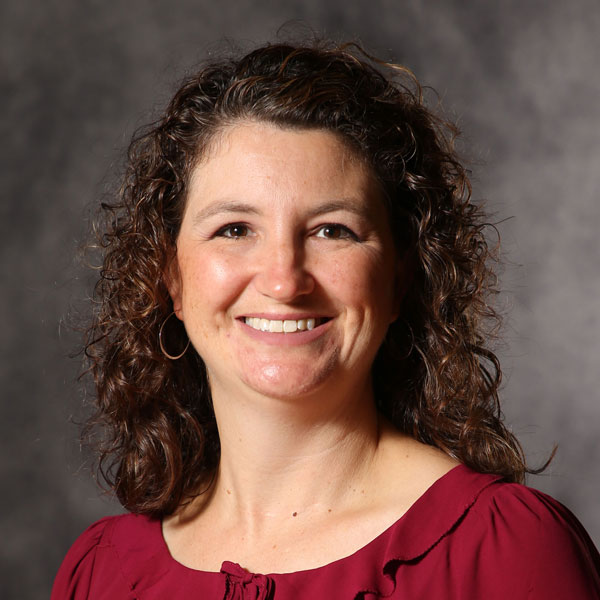
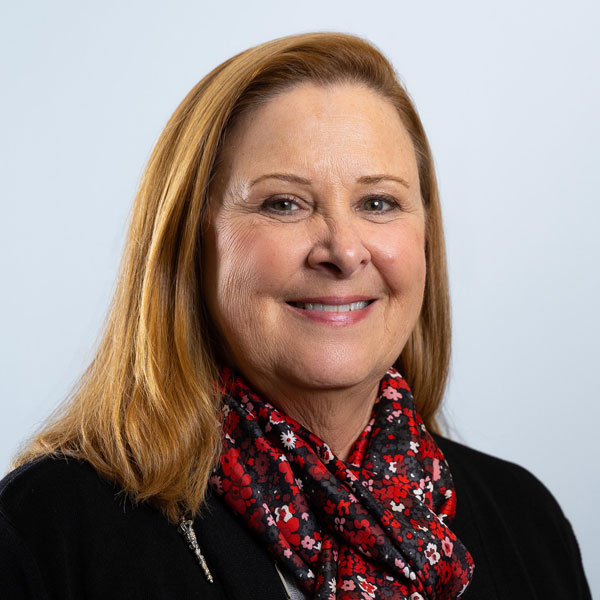 Rita Pickler and Marliese Nist, PhD
Rita Pickler and Marliese Nist, PhD
"I was delighted to work with Audrey on her honors project; she is inquisitive and highly motivated and our interests aligned well," Pickler said. "I am excited for Audrey as she starts her nursing career and I know she will excel in all she does."

